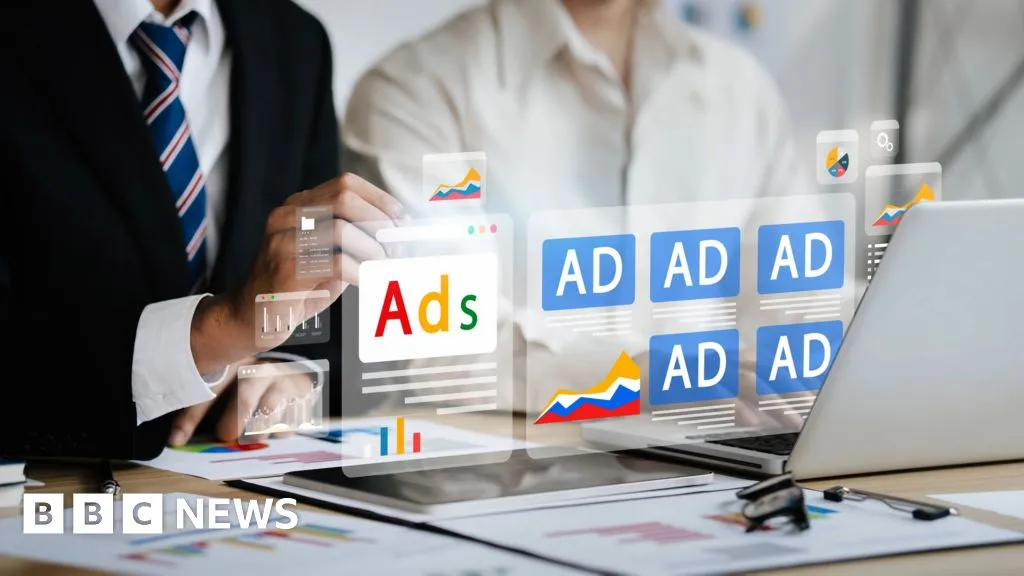It is an increasingly common message from websites: browse for free - if you allow us to track your data and target you with personalised ads - if you don’t, hand over some cash.
The model is known as “consent or pay” and, while it may be becoming increasingly common, questions remain over whether it is ethical or even legal.
The UK data regulator, the Information Commissioner’s Office (ICO) has launched a consultation, external on the practice - it will report its findings later this year.
“In principle, data protection law does not prohibit business models that involve ‘consent or pay,’” the ICO says on its website.
But it continues: “However, any organisation considering such a model must be careful to ensure that consent… has been freely given and is fully informed, as well as capable of being withdrawn without detriment.”
[…]
Newspapers such as MailOnline, The Sun, The Independent and The Times have all recently brought in “consent or pay” models.“It’s basically saying, ‘We’re giving people a choice. They can either pay and get ad-free access to our articles, or they can be tracked, or they can walk away and not read it,’” Philippa Donn says.
This question being considered by the ICO and others is - is that a fair choice?



We dumbly agree, out of convenience or some notion that if we wanted to read the paper edition we’d have to pay for it, but one can shell out cash for the paper, pick it up in a waiting room, read a friend’s copy, etc.
As soon as we attach a subscription to an online edition, all that happens is they get more data on us (as we are les inclined to delete their tracking cookies) whilst handing over solid confirmation that we are who they suspected we probably are.
If you must subscribe, use a dedicated browser & multiple measures to confound tracking.